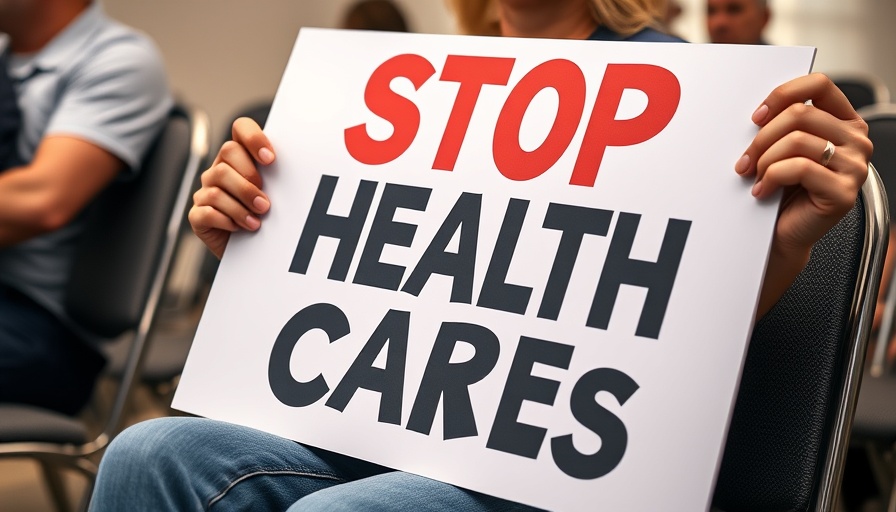
The Growing Debate Around Birth Control Safety
As more individuals turn to social media for health guidance, claims about the dangers of hormonal birth control have surged. Platforms like TikTok are echoing warnings that hormonal contraceptives could lead to serious health issues such as depression, infertility, and various perceived bodily harms. Meanwhile, an increasing number of influencers are advocating for natural fertility tracking methods, promoting a shift away from conventional contraceptives.
Understanding Hormonal Birth Control
Hormonal birth control methods, which include pills, implants, patches, and IUDs, have been used for decades and are recognized as effective for preventing pregnancy. Despite this, misinformation persists, often fueled by anecdotal claims. It’s essential to note that while some individuals may experience side effects like headaches and mood swings, these effects are generally not severe, and the benefits often outweigh the drawbacks.
Dissecting Misinformation: What's True?
The exaggeration of the risks connected to hormonal birth control arises from a lack of scientific understanding that many of these social media posts propagate. A study of TikTok videos found that only 10% were produced by qualified medical professionals, leading to widespread misconceptions. The truth is that most potential side effects are relatively minor and manageable, and serious complications, such as blood clots, are rare.
The Evidence: Research Speaks Volumes
Research consistently supports the safety and efficacy of hormonal birth control. For example, a comprehensive review of studies indicates that while some hormonal contraceptives slightly elevate the risk of particular cancers, they also offer protection against others, including ovarian and endometrial cancers. This nuanced understanding of risks versus benefits is vital when discussing birth control options.
Individualized Healthcare: A Critical Approach
Healthcare professionals emphasize the importance of individualized assessments of risks. Factors such as age, weight, smoking status, and pre-existing conditions all play a role in determining suitability for hormonal birth control. Dr. Jennifer Conti of Stanford University articulately states that each person is unique, underscoring the necessity of consulting with healthcare providers rather than relying solely on internet research.
Fertility Tracking as an Alternative: Is it Effective?
Many advocates of hormonal birth control alternatives promote natural methods like fertility tracking. These techniques can be effective for some people, but they require meticulous record-keeping and familiarity with one’s cycle. Comparatively, hormonal methods provide a straightforward, consistent approach to pregnancy prevention. It's crucial to weigh both options—understanding each method's science, effectiveness, and personal sustainability—and consider which aligns best with individual lifestyles and beliefs.
Challenges in Decision-Making
As societal pressures mount and misinformation proliferates, individuals are tasked with making informed decisions about their reproductive health. Understanding the full spectrum of potential side effects alongside the benefits can lead to more effective healthcare outcomes. Misconceptions can not only influence personal choices but can also lead to larger discussions about women's health and access to contraceptive options.
Looking Ahead: Advocating for Better Education
Moving forward, an emphasis on education and reliable sources will become increasingly important. Health literacy is crucial for not just reproductive choices but enhanced overall well-being. As more individuals seek information, those in the health and technology sectors must strive to produce accurate, evidence-based content that counters widespread misinformation. This commitment can influence public perceptions positively and help individuals make choices that align with their lives.
Conclusion: Empowering Individuals through Education
In a climate rife with misinformation, empowering individuals through education and reliable information is essential. Engaging in open dialogues about hormonal birth control and alternative methods fosters improved health literacy, enabling informed decisions. By leaning into the expertise of healthcare professionals and endorsing a science-based approach, individuals can navigate their reproductive health more effectively. Take charge of your health—consult your doctor and stay informed about your options.
 Add Row
Add Row  Add
Add 




Write A Comment